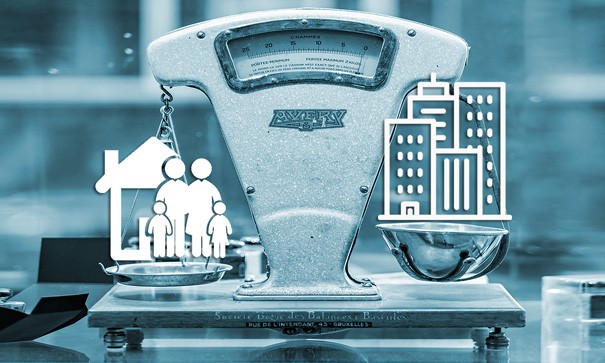What Is Family and Systemic Psychotherapy?: Family and systemic psychotherapy (also called ‘Family and Systems Therapy’, ‘Family Systemic Psychotherapy’ and ‘Systemic Family Therapy’) is a talking therapy based on the idea that individuals are inseparable from their network of relationships, and that most individuals relate to others based on patterns first experienced in their family of origin.
A family is an ‘emotional unit’, and conflict within the unit can be most fully understood by evaluating the parts of the unit (the individuals) in relation to the whole.
How Does Family Systemic Psychotherapy Work?: Most forms of family therapy and counselling are based on this theory, and it can also be used to improve relationships within much larger systems, such as workplaces, schools or sports teams. Individuals can benefit from family systemic psychotherapy by gaining an understanding of themselves as part of a unit, which can help to explain distressing or unhelpful patterns of thought and behaviour.
As do many other schools of therapeutic thought, family systems therapy works on the belief that your patterns are set very early in life, and that many current issues can be improved through a thorough understanding of how those patterns came to be.
Family systemic therapy seeks to address inter-family problems and issues by reducing distress and conflict within family dynamics by addressing and improving the systems of interactions between individuals.


















